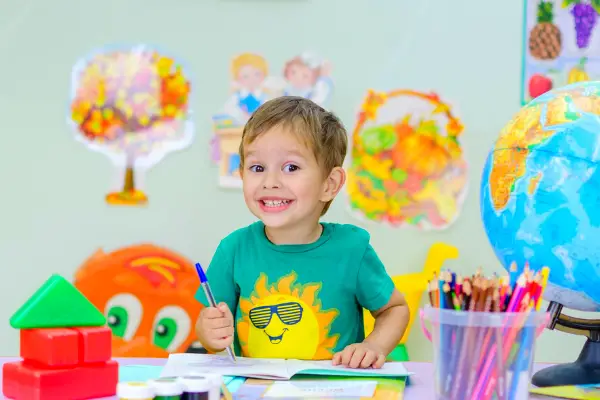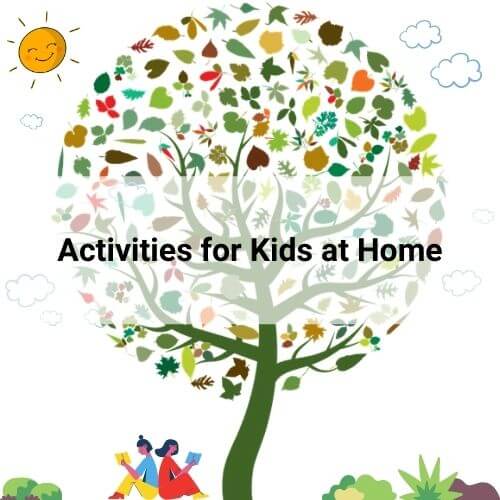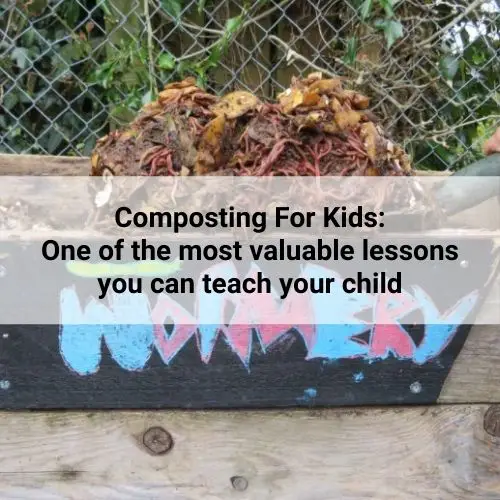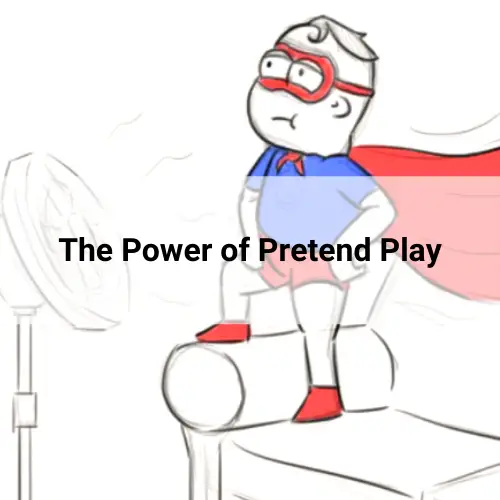So there are many moments in my life that I wish I could cherish forever. Some of those memories include holding my children for the first time, rocking them to sleep, or even helping them put on their snow pants and jackets to go outside. As much as I would like to stop time and keep them young, it just doesn’t work that way. Some children have a difficult time with transitioning to becoming more independent as they get bigger. So how do we help them become more independent and give them the comfort they still yearn for? Here are some tips to help ease this transition for both you as the parent without added stress to your child.
Table of Contents
Start Early
My number one tip starts at birth. Your child will depend on you for everything from day one. They need you for all their necessities, wants and just literally everything. By nurturing them from the moment they enter our world, your child will trust you and therefore know that the changes you are doing are safe.
Praise Liberally
Also, give praise and encouragement for any steps they take in your new journey. By letting them know you are proud of what they are doing, it will give them the security they need to continue with the change.
Keep it Fun
The number one thing parents must do for success is to make any new change positive to try and as fun as possible. This also means you yourself need to try and stay as positive and stress-free as you can. This can be tricky if your child is butting heads with you on changes. I like to think of it this way if you are at work having fun, it’s doesn’t seem like work right? So, if you are teaching your child to be more independent and it’s fun, they will also enjoy it. Now onto some specifics.

Converse with Them
Let your child be a part of your conversation. By letting them have their own voice and trying to let them converse with you, it shows them that they can have some input. It can also show them that you value what they say and what they are speaking about.
Even if it is your toddler who cannot quite piece sentences together yet, by conversing with them versus “at” them helps them realize they are in control of their voice. This allows them to understand that they can express themselves verbally to you. It opens that communication door.
Once you do this, they can be more independent vocally asking for things or telling you about something. Maybe they want to tell you about a toy they like and are now able to tell you about it in their own words. Or maybe they want to talk about their favorite cartoon.
Let Them Feed Themselves
Another thing that helps a child gain independence is self-feeding. This has always been a tricky one for me because my kids have always been messy eaters. If you are anything like me, I despise having to clean up after them after every meal or snack. I mean they can seriously mess up just about anything with a 25-foot square radius of them. Ok, maybe not quite that far, but it is pretty crazy how fast they can make a disaster with food. I have learned if we are home, just take off their shirt. It’s much easier to clean or put them in the bath.
Start with giving your child everything they need, such as a fork and a spoon along with a cup with a small amount of liquid. Even if you are feeding your little one soup, give them that fork. This will start the trial and error phase of learning their independence with eating. They will figure out on their own that the fork does not work very well with the soup and will need to try something else.
Try this cute BPA free spoon and fork for toddlers, just click here for more details.
Don’t get discouraged if he decides to drink his soup because he has just figured out a way to eat on his own. Give him praise and encouragement. You can also demonstrate what the spoon does. He might become curious and want to try the spoon for himself at that point.
Take the Necessary Time
So it seems like in this day and age, everyone is in a hurry to get from point A to point B. They want to go fast and are rushing everywhere.
Make sure you are taking extra time while helping your child gain some independence. Let’s say you have to go pay some bills in town and it’s winter time. I would set a jacket and boots in the entryway and tell your child it’s time to go buh bye. I would then ask him to put on his jacket and boots. Feel free to help them, but do not do it all for them. Some days this will go smoothly and they will be ready fairly quickly.
Other times, they can’t get their arms in the right spots or the jacket is on upside down or even backward. As I stated earlier, make light of the situation as they are probably very frustrated. Let them know that because they are trying, you are proud of them. Allow them some time to calm down and give them assistance as needed.
We have to remember that putting a jacket on for the first few times or your shoes on for a little person is a new and difficult change. It could be like someone sitting you down and telling you to finish an equation in geometry when you have never taken that class. We are their teachers.
Throw Perfection Out the Window
I will add that I have been known to have a child dressed in mismatch clothing that may or may not be put on inside out or even backward. If my child put their own clothes on and are proud. I am proud too. I will help them next time, but let them be happy with their accomplishment. Try and throw perfection out the window because no one is perfect and encouragement will go a long way with learning these new skills.

Guide, but Don’t Solve
If you are playing toys and your little one is not grasping how to do something, guide them, but don’t solve it for them. Let’s take that toy where you have multiple different shapes and you have to find the right shape to fit in the right hole. I can confess there have been a few shapes that have frustrated me as an adult, so I can only imagine being 2 or 3 years old and trying to get it right. When your child starts to get angry because they can’t find the right shape, they may get angry, frustrated or disinterested. This is a great time to step in and help them. It could be as simple and guiding their hand to different holes in the toy or helping them turn the shape until it fits. They trust you and by helping them, they learn that even though it’s difficult they can figure it out and you will be there to help.
Looking for wooden puzzles for toddlers? Click here to view the latest product on Amazon.
Be Supportive
On another note of independence, you might have a child who already has the mindset that they can conquer the world on their own and do not need anyone’s help, try not to get overwhelmed. Try to support their personality no matter how stubborn they may be. I have a child who has been like this since she was very little. I am talking a petite little girl who was walking like a pro at 9 months old. By one year she was trying to put on her own clothes and shoes. If we tried to help, she would throw a tantrum.
We learned that her independence can actually be a godsend. She is three (going on 25) now and is such an amazing helper. We encouraged and guided her independence and it’s amazing how great she does now. She can grab her jacket, shoes, hat, mittens and put them on herself. She can help set the table, put food on the table and pretty much anything that my older children didn’t do until they were in grade school. So, embrace their personalities and let that light burn bright. They will always need you no matter what their age may be, but you are setting them up to succeed from a young age.
And whenever you get frustrated and want to quit, take a step back and breath. You got this! It’s ok to be frustrated and feel like you have no patience. You’re raising a human and it will have its great days and it’s not so great days, but remember that they love you more than anything in the world.
Related Articles:

Jillian Robinson (RN)
Jillian is a registered nurse and mom of two. Her eldest being a teenager and her youngest a toddler. The wide spread of ages, coupled with her medical background, give Jillian a unique insight into the challenges and joys families and parents face at each stage of life's journey.





